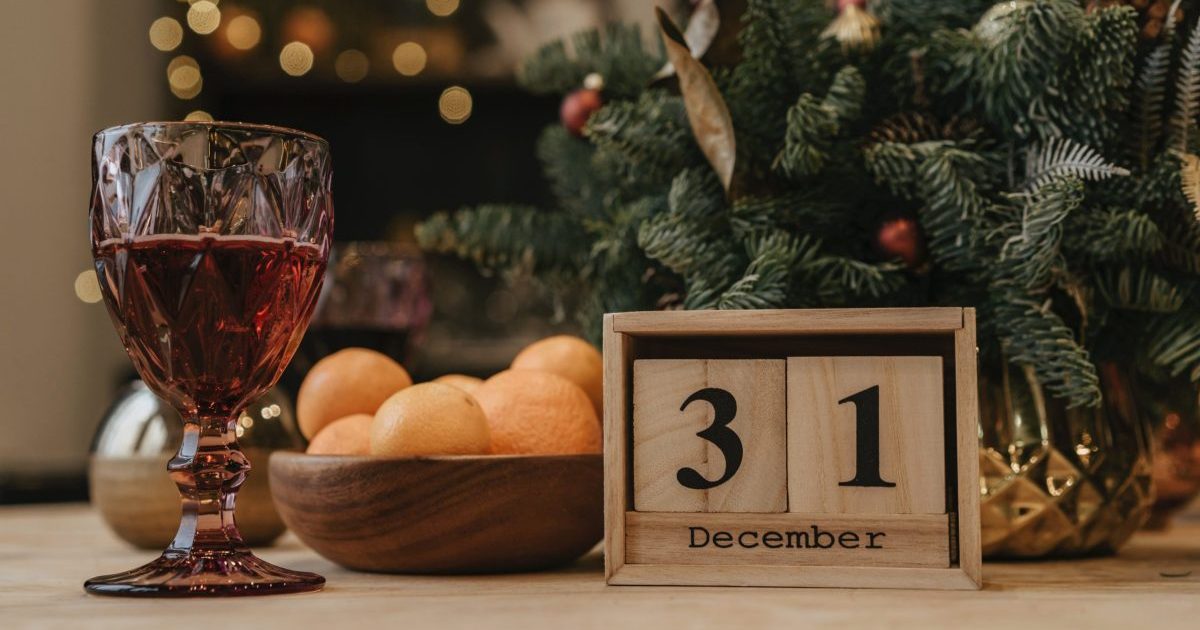Monitoring Your Alcohol Consumption this Christmas.

At this point, overindulgence has become a bit of a Christmas staple. With the year coming to a close and a much-needed break from work or study, people often feel that they have earned the right to a little excess. Between parties, 12 pubs, and the bottles of alcohol brought as gifts, it can be easy for anyone to lose track of their alcohol consumption. So, here are a few tips to avoid overindulging and help you keep track of how much you are really consuming.
Standard Units
The first thing to know about standard units is that they are not really that standard. A standard unit in Ireland is 10g of alcohol, which matches some other EU member states as well. But in others, a standard unit is 12g, and in the UK, it is 8g. If you plan on monitoring your units, you may need to factor this in.
The average 500ml of beer or cider is 3 units, the average 750ml bottle of wine is 7.5, and the average 750ml bottle of spirit is 24. The recommended weekly guideline is 11 standard units for women, 17 for men.
Hot Drinks
It is no surprise that a holiday celebrated in the depths of winter has developed a number of hot drinks to enjoy when people get together. But any time someone is whipping up a batch of mulled mine, hot cider, or a hot whiskey, you will probably hear some variation of the phrase “Alcohol burns off first”.
It is true that alcohol has a lower boiling point than water (78˚ C vs 100˚ C), the extent of this effect is often exaggerated. A 2007 study by the US Department of Agriculture found that such drinks retain about 85% of their alcohol content. While these drinks are often diluted with water or juice, do not fool yourself into believing that there are only trace amounts of alcohol left.
Eating and Drinking
Before embarking on a night of drinking, many people will carefully consider what they eat. Some will eat less, to get drunk faster. Others will eat more, so they can drink more. While it is true that alcohol will be absorbed faster by an empty stomach, the underlying premise of this can be misleading. What you eat, how much you eat, or when you eat it will affect how quickly any alcohol you consume is absorbed, but ultimately, you are still consuming alcohol. Food and drink should not be seen as a delicate balancing act that can cancel each other out. Drinking on an empty stomach may be riskier, but eating more is not a license to drink more.
There is nothing wrong with enjoying yourself and having a few drinks, but it is important to know how much is really in those few drinks. It can be easy to get swept up in festivities and lose track of things, so hopefully the tips laid out here can help you in monitoring your alcohol consumption, and having a Christmas with just the right amount of merriment.
If you would like to talk to someone about alcohol or addiction, please get in touch with us today.
